Introducing BYD’s Line of Vehicles Compliant with the Low Carbon Ecosystem
Two weeks ago, we brought you a sneak peak at VeChain and DNV GL’s Digital Low Carbon Ecosystem. The ecosystem encourages China’s citizens to take part in eco-friendly activities by rewarding them with tokens that will be used for discounts and services.
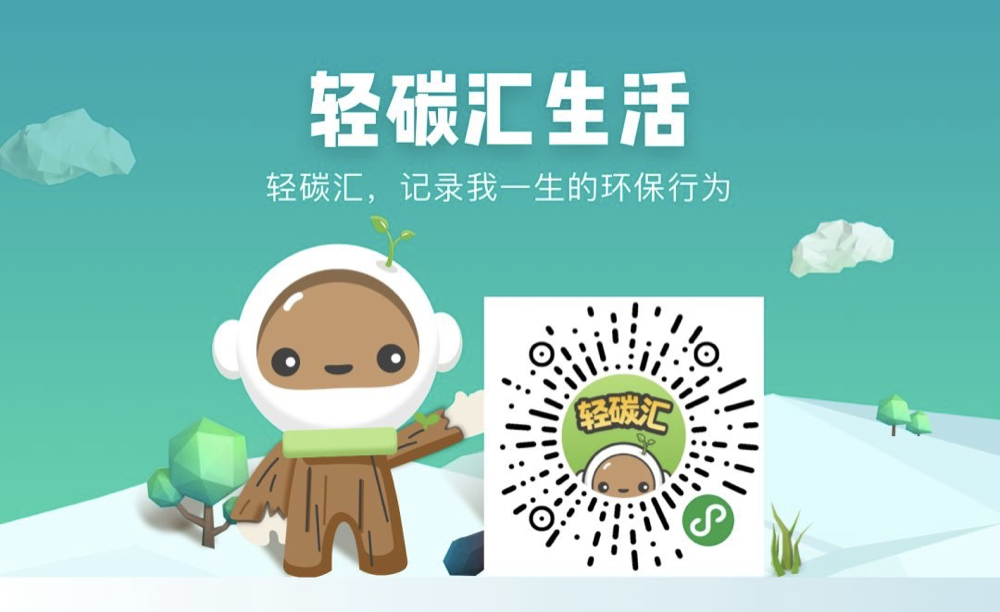
On September 21, BYD’s Official Cloud Service WeChat account launched instructions on how to join. Users can download the app in the BYD D++ store, while binding it to the WeChat Mini Program allowing them to conveniently check their accumulated Carbon Credits. This initiative should encourage drivers to utilize their electric features, reducing the amount of pollution coming from the streets of China. Let’s take a look at the vehicles currently available, according to the official instructions:
QIN PRO (Hybrid and Full Electric Model)
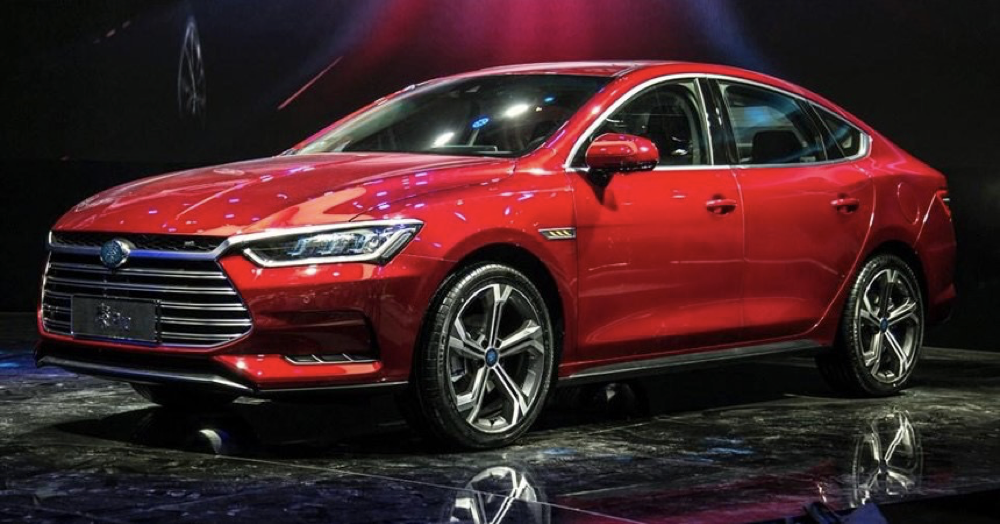
This hybrid sedan debuted at the 2018 Beijing Auto Show. Since then, more than 52,000 models have been sold in China.
TANG (Hybrid and Full Electric)
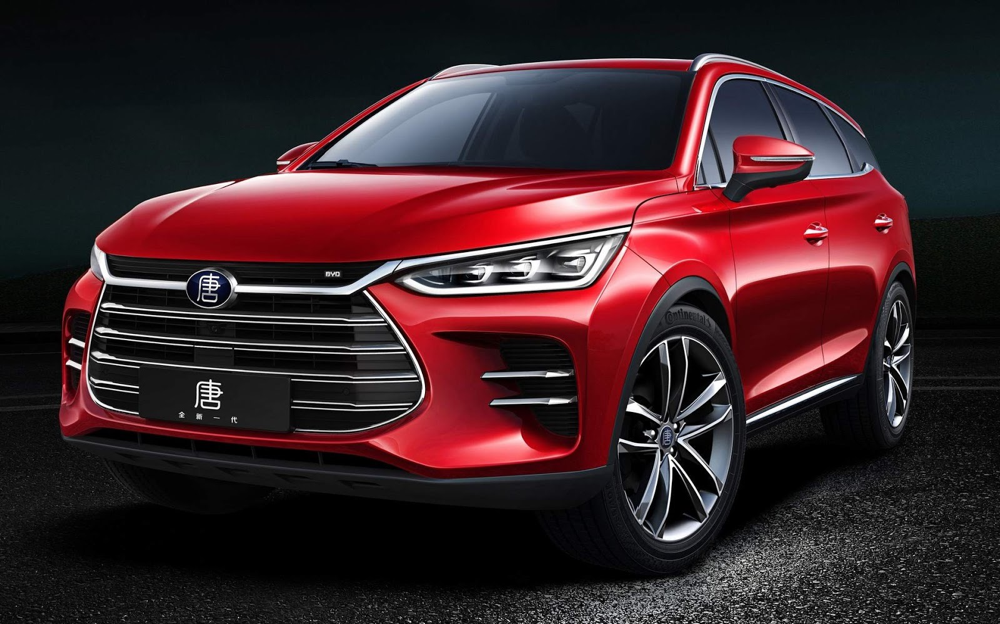
This full-size hybrid SUV sold more than 62,000 models in 2018, but only the latest version is currently supporting the Low Carbon Ecosystem.
Song (Hybrid and Full Electric)

This smaller version of the Tang sold more than 91,000 models in 2018. Only the latest version is compliant.
In the future, all remaining BYD models equipped with the rotating pad display will support the Low Carbon Ecosystem. For reference, BYD sold over half a million vehicles in China in 2018, showing that there is lots of room for growth. With more than 200,000 supported vehicles potentially already on the roads, it’s easy to see BYD’s customers bringing exceptional volume to the VeChain platform.
Statistics: http://carsalesbase.com/china-car-sales-data/byd/



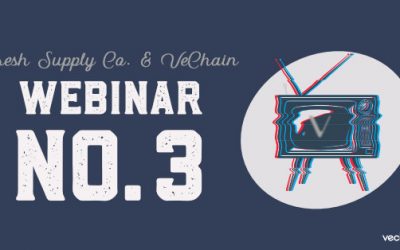

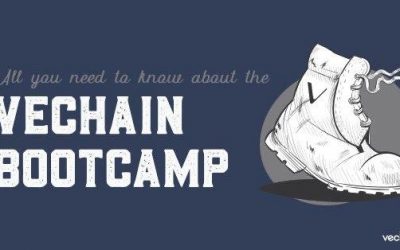


 VeChain’s public blockchain will be used to encourage citizens to become carbon neutral, by rewarding them with tokens (nicknamed ‘Greenies’) for activities such as public or electric transport, ride-sharing, low-energy and water consumption, solar power installation, and recycling. This system, aimed at tourists as well as citizens, will allow residents and visitors to redeem tokens for a number of goods, discounts, and additional services. This ecosystem will be developed by DNV GL, but will require the participation of a number of large corporations that have yet to be announced. Grottola also stated his belief that blockchain and circular ecosystems are essential for helping with the UN’s Sustainable Development Goals.
VeChain’s public blockchain will be used to encourage citizens to become carbon neutral, by rewarding them with tokens (nicknamed ‘Greenies’) for activities such as public or electric transport, ride-sharing, low-energy and water consumption, solar power installation, and recycling. This system, aimed at tourists as well as citizens, will allow residents and visitors to redeem tokens for a number of goods, discounts, and additional services. This ecosystem will be developed by DNV GL, but will require the participation of a number of large corporations that have yet to be announced. Grottola also stated his belief that blockchain and circular ecosystems are essential for helping with the UN’s Sustainable Development Goals.  Circular ecosystems, like the one shown in San Marino, are being developed by VeChain and DNV GL in other key regions, including China and some European nations. They have the ability to activate and engage citizens, providing incentives to meet the SDGs, rather than just relying on traditional government driven initiatives. Grottola concluded with a list of things DNV GL learned on their 2 year journey with blockchain. He stressed the importance of collaboration, and warned that the internal debates between “alt-coiners” and “one-coiners” was extremely detrimental to the entire industry. There was little doubt that among an international audience with many top industry leaders – few were anywhere near the level of DNV GL.
Circular ecosystems, like the one shown in San Marino, are being developed by VeChain and DNV GL in other key regions, including China and some European nations. They have the ability to activate and engage citizens, providing incentives to meet the SDGs, rather than just relying on traditional government driven initiatives. Grottola concluded with a list of things DNV GL learned on their 2 year journey with blockchain. He stressed the importance of collaboration, and warned that the internal debates between “alt-coiners” and “one-coiners” was extremely detrimental to the entire industry. There was little doubt that among an international audience with many top industry leaders – few were anywhere near the level of DNV GL.


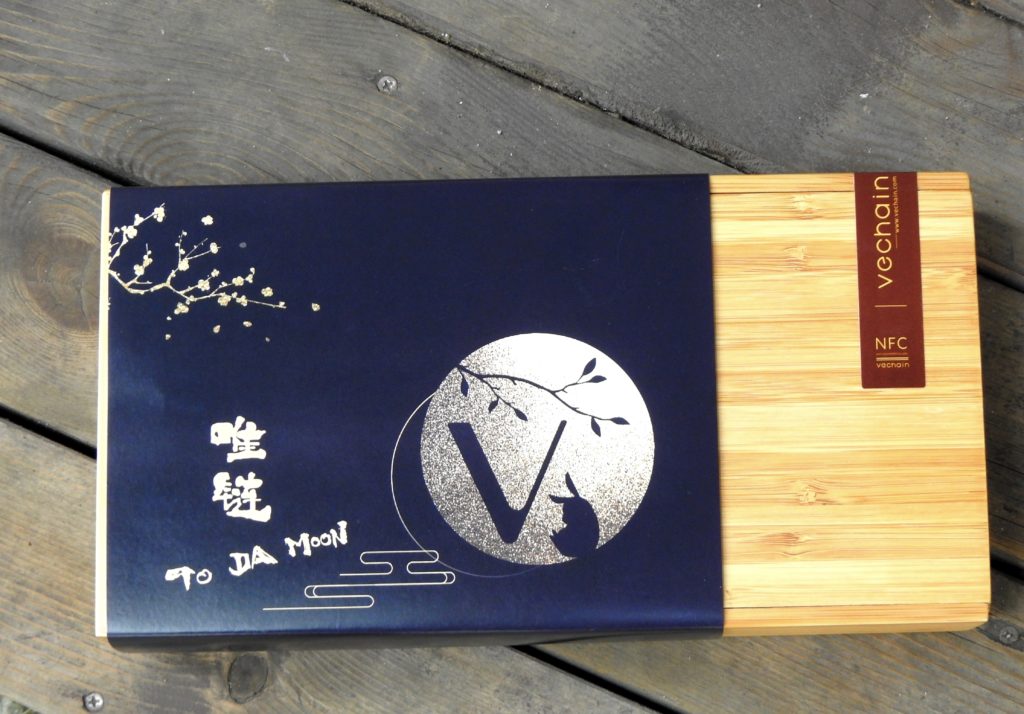
 The boxes were tagged with VeChain’s NFC, serving as another example of how blockchain can be used to verify products for businesses.
The boxes were tagged with VeChain’s NFC, serving as another example of how blockchain can be used to verify products for businesses.
